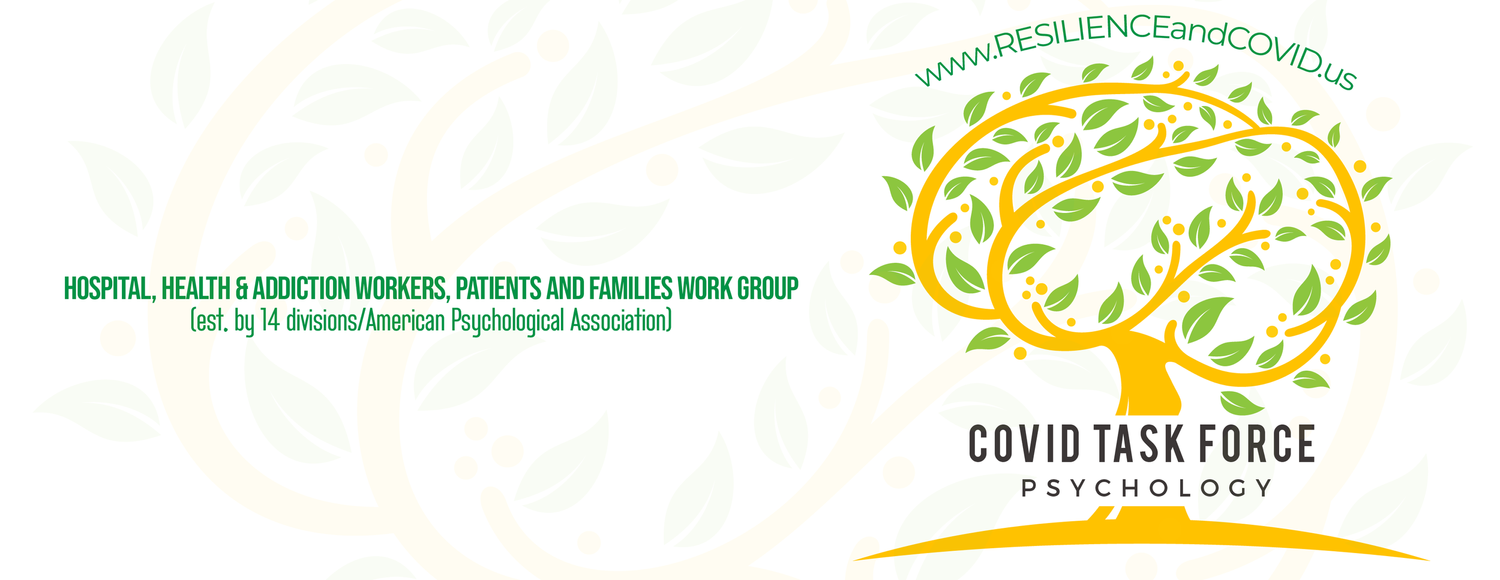The Waves of Grief
Here are suggestions for how we can cope with unexpected loss.
This is part 4 of a series on grief and COVID-19. Also see Part 1, Part 2, and Part 3.
This post was written by Betsy Gard, Ph.D.
The loss
After the unexpected loss of my husband, I experienced a grief that was extraordinarily difficult to cope with.
Like the families and friends of those who have died from COVID-19, my loss was painful, challenging, and my life upended.
Over 300,000 people have died from COVID and the projections around future death rates are grim.
We all need to protect ourselves and others as we look forward to a time when we can hug those we care for and join in both memorials and celebrations.
Waves of grief
My own experience of grief was one of being pounded and buffeted by the waves of a raging ocean.
I spend enormous energy just trying to breathe, stay afloat, and not be damaged by the waves that break over me and send me tumbling in the undertow.
Source: pexels
There are no easy ways to manage these waves. They come and they go, they ebb and they flow.
The following are some suggestions that may help with coping with the grief and loss in the early days after the loss.
Tips for coping with the grief
Tip #1
Being in a community of others who are grieving can help. Attending online support groups and getting together with others who have lost loved ones can help provide new perspectives and provide a feeling of connection to those who understand loss and pain.
Tip #2
Connecting and reconnecting to friends and family, if they can be supportive, can help reduce the sense of isolation and loneliness. We know that isolation and lack of emotional support is one factor that can contribute to prolonged and complicated grief.
Tip #3
Take the time you need to make changes in your life that follow after the loss of a loved one.
If you feel ready to go through the clothes and keepsakes of the deceased, feel comfortable moving forward with those tasks.
If you do not feel ready to do this, give yourself the time you need.
If you are finding there are tasks that are time-sensitive and need to be done quickly, ask a family member or friend to help you or even just keep you company as you do the things you must do.
Tip #4
Find spaces, places, and activities that provide comfort and help you feel better.
Being in nature, exercising, making a cup of tea with honey, watching a TV show or movie, taking a hot shower or bath, may be ways to release or have a break from the pain.
Tip #5
Talking about the deceased can bring forward cherished memories as well as intense sadness.
Those around the mourners may feel uncomfortable as the person recounts stories but sharing these stories and memories can be comforting and also bring laughter in the memories.
Tip #6
Know that loss is a powerful, albeit painful lesson to be in the moment — both in this moment and in the time you have, with those you love.
Expressing and being present
In this time of COVID, I am telling my friends and family more often than I ever have that I love and appreciate them.
I am trying to stay in contact better and not hold onto resentments and bitterness.
I am trying to reach out to those who are isolated and lonely.
And I remember that I can be a caring presence for others, even if I am in pain myself.
Resources
Coping With Grief and Loss. (2020). HelpGuide.
Read article on Psychology Today: https://www.psychologytoday.com/us/blog/psychological-trauma-coping-and-resilience/202101/the-waves-grief

